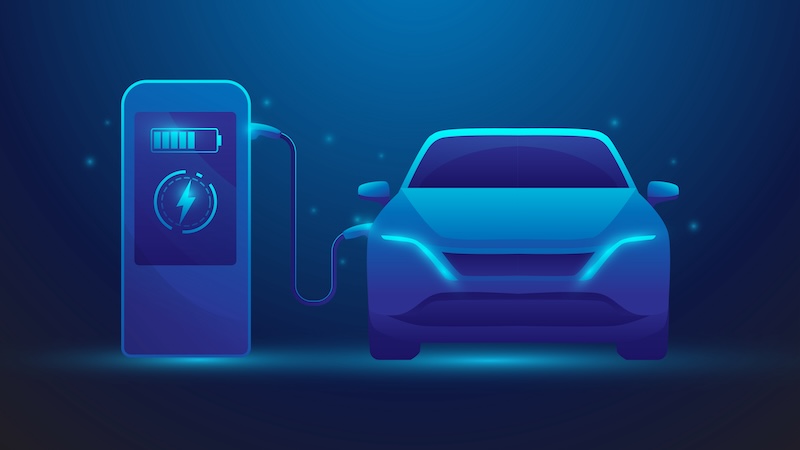
If the number of electric cars on German roads increases, the energy requirement also increases. This can have an impact on the power supply. A “virtual power plant” is intended to help avoid bottlenecks and relieve the strain on the network.
At the end of the first quarter of 2024 there were in Germany around 1.46 million purely electrically powered vehicles authorized. A huge increase, because at the end of 2023 the number was still around one million.
But the increasing number of electric cars on German roads also has an impact on electricity consumption. In order to relieve the burden on the power grid, Transnet BW and Octopus Energy are testing now a “virtual power plant” to charge electric cars flexibly and intelligently.
This is how the “Virtual Power Plant” works
With their pilot project, the transmission system operator TransnetBW and Octopus Energy want to increase grid stability in Baden-Württemberg through intelligent charging management of electric cars.
To do this, Octopus Energy indicates what capacity it can move when the network is busy. If there are bottlenecks, TransnetBW can access them. Octopus Energy, in turn, can then postpone charging processes to cheaper times as part of its intelligent electric car tariffs.
“The special thing about OctoFlexBW, in addition to the large number of participating battery-electric vehicles, is the almost complete end-to-end process from system management to the technical unit,” explains TransnetBW boss Werner Götz.
The data obtained will provide conclusions about end customer acceptance, the reliability of flexibility provision, product design and the future potential of electric vehicles for flexibility provision.
The pilot project is expected to last one year. Data is collected about the planned charging processes of up to 1,500 electric cars from Octopus Energy customers in TransnetBW’s control area.
Intelligent system controls charging process itself
Octopus Energy offers the “Intelligent Octopus Go” system for customers. This is a smart electricity tariff that is combined with a smart meter gateway installed by Octopus Energy.
Customers only have to specify by what time their car should be charged and with what percentage. For example, if the car is needed at 7:00 a.m., it will be available fully charged.
The cars are charged when the electricity is cheapest and comes predominantly from renewable energies.
“The potential of electric cars to stabilize the grid is huge,” explains Bastian Gierull, CEO of Octopus Energy. “With intelligent technology and the networking of our two platforms, we are taking a groundbreaking step in bottleneck management.”
Our goal is not only to include end customers, but also to reward them for their flexibility – with cheap charging current and lower network costs. This is how we make e-mobility even more attractive.
In this way, the electric cars can together form a kind of “virtual power plant”. In this way, they support the network supply in Baden-Württemberg in order to increase security of supply.
Also interesting:
- Researchers develop battery with supercapacitors made from chicken fat
- Synhelion opens the first industrial plant for the production of solar fuels
- Do wind turbines cause drought?
- Air pollution: Light painting makes invisible clouds visible
The article “Virtual Power Plant”: This is how electric cars can relieve the burden on the power grid by Maria Gramsch first appeared on BASIC thinking. Follow us too Facebook, Twitter and Instagram.